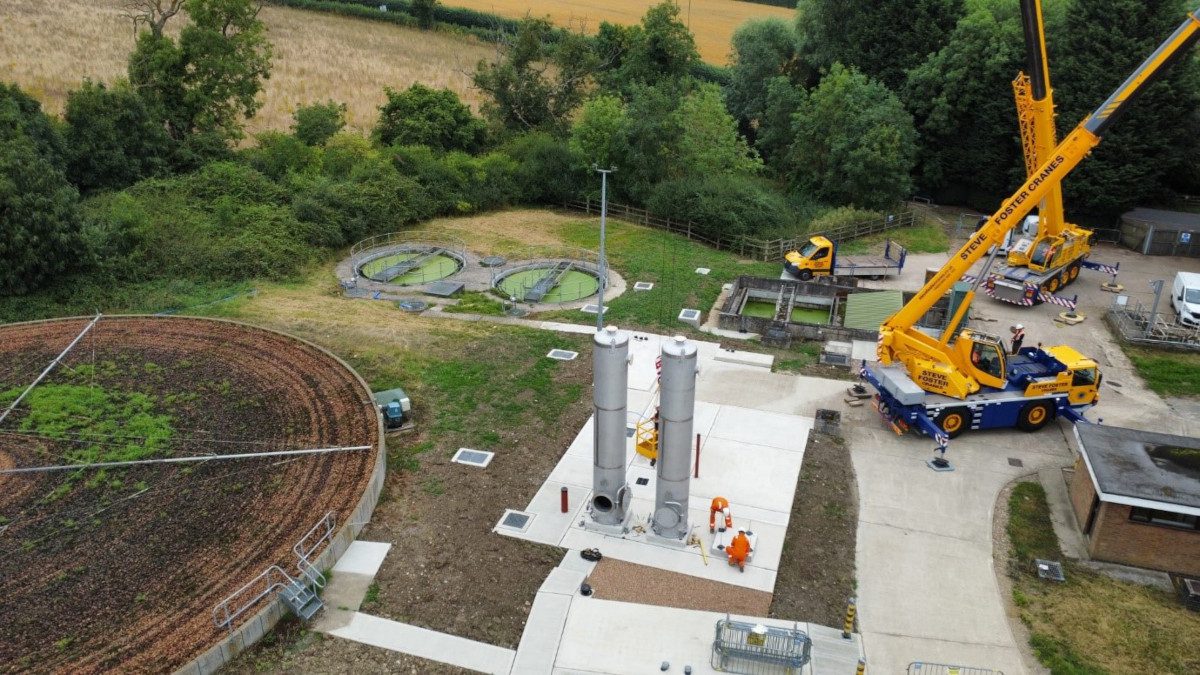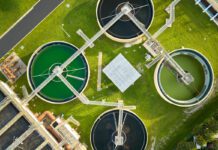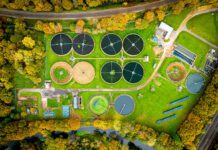
What’s described as the UK’s first pilot plant aimed at assessing the impact of different combinations of technology for micropollutant removal from wastewater will start operating at Cranfield University’s campus in Bedfordshire this year.
The new pilot plant will be built and operated by water treatment experts Curio Water and will analyse samples of wastewater from the site, which produces effluent from teaching and research facilities, commercial businesses, halls of residence, and a hotel.
Technologies, including ozone, Advanced Oxidation Process (AOP), granular activated carbon (GAC), ultraviolet (UV), and nanobubbles will be used in a variety of combinations to remove substances such as common pharmaceuticals and antibiotics, cleaning detergents, PFAS (also known as forever chemicals), microplastics, steroid hormones and pesticides.
Curio Water said it will be the first time that all of these technologies have been used in combination with one another in order to identify the most effective approach to micropollutant removal.
The project coincides with UK water companies’ moves to invest in micropollutant removal from wastewater before it is discharged to the environment, with Severn Trent building sites in Frankton, Itchen Bank and Ludlow. An upcoming Water Bill from the new government is also likely to strengthen regulations around micropollutants in line with measures seen in the EU and Switzerland.
To facilitate the project and strengthen its links to Cranfield’s scientists, Curio has also relocated its UK headquarters to a 1500 ft2 centre on the Cranfield University Technology Park.
Howard Marles, Founder and Managing Director of Curio Group, said, “Cranfield University is home to some of the world’s leading experts in water science, and this move provides an opportunity for us to combine our expertise in developing new and innovative solutions to the growing problem of micropollutant removal.”
“Working here will allow us to hold pioneering events sharing our current knowledge and future findings with water scientists and industry specialists from the UK and around the world. Using the pilot plant will allow us to demonstrate how a full scale micropollutant removal plant using the latest innovations would operate.”
Curio plans to build a further ten pilot plants for water companies and effluent producers in the next twelve months to analyse waste water from sites across the UK, using remote monitoring to determine the requirements for future plants.
Professor Peter Jarvis, Head of the Cranfield Water Science Institute, added, “We are delighted that Curio has relocated to our Technology Park. This link-up will be mutually beneficial, providing Curio with access to our expertise and fantastic research facilities on water and wastewater treatment. For Cranfield, close collaboration with industry is of real importance to ensure that we continue to translate our research into effective solutions that make a real difference, particularly in matters related to the environment and the quality of our waterways.”







